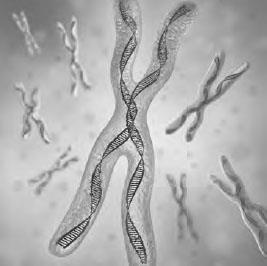Abnormal Psychology: Mental Health and Mental IllnessDisorders of Personality |
What does Kenneth Kendler’s work tell us about the genetics of personality? |
The psychiatrist Kenneth Kendler and his colleagues have conducted a series of twin studies to investigate the heritability (or genetic basis) of various personality traits and psychiatric syndromes. Twin studies work by comparing monozygotic (identical) twins, who share 100 percent of their genes, with dizygotic (fraternal) twins, who share only half of their genes. If more monozygotic than dizygotic twins have the same diagnosis, we can assume that the disorder has a genetic component. By using very complex statistical analyses on a sample of 2,794 Norwegian twins, Kendler and colleagues determined that the ten DSM-IV personality disorder diagnoses were about 25 percent attributable to genetics and about 75 percent due to non-genetic causes, such as the environment. Moreover, the authors performed factor analysis to identify common factors that might influence risk for more than one diagnosis.
Factor analysis works by identifying groups of disorders where twins are similarly alike or different; if twins are alike on personality disorder X, are they also alike on personality disorder Y? In this way, the authors identify factors or groupings of disorders that may share either genetic or environmental influence. Three genetic factors were identified in this study: an overall negative emotionality factor, an impulsivity /poor behavioral control factor, and an inhibition/avoidance factor. Interestingly, the environmental contributions did not seem to group together. In other words, the environmental risks appeared to be unique for each personality disorder.

